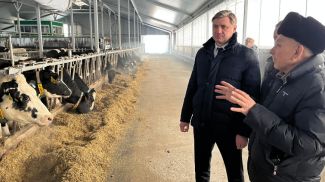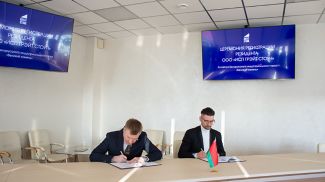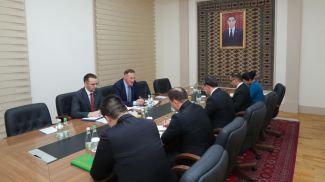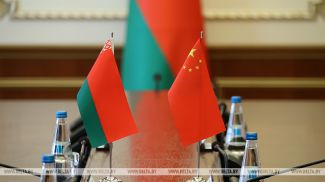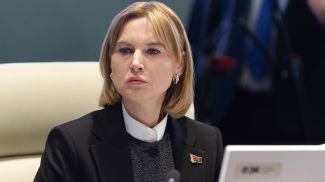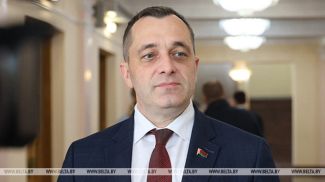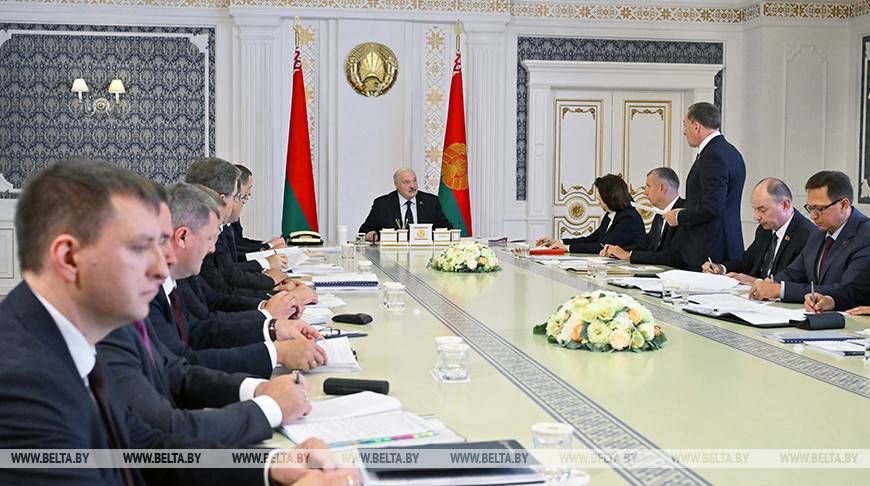
MINSK, 18 August (BelTA) - The tourism sector reform is aimed at boosting its profitability, Belarusian First Deputy Prime Minister Nikolai Snopkov stated during a meeting hosted by the head of state with the Council of Ministers' leadership in Minsk on 18 August, BelTA learned.
As BelTA previously reported, one of the key topics was the proposal to transfer tourism regulatory functions from the Sport and Tourism Ministry to the National Tourism Agency.
First Deputy Prime Minister Nikolai Snopkov delivered the keynote report, revealing key metrics: Belarus' tourism sector employs 230,000 employees (5.5% of national workforce) and contributes 2% to the GDP, which according to Nikolai Snopkov, “is below the industry's true potential”. In this regard Aleksandr Lukashenko pointed out that even resource-rich nations prioritize tourism as a key economic driver, citing the United Arab Emirates as a prime example.
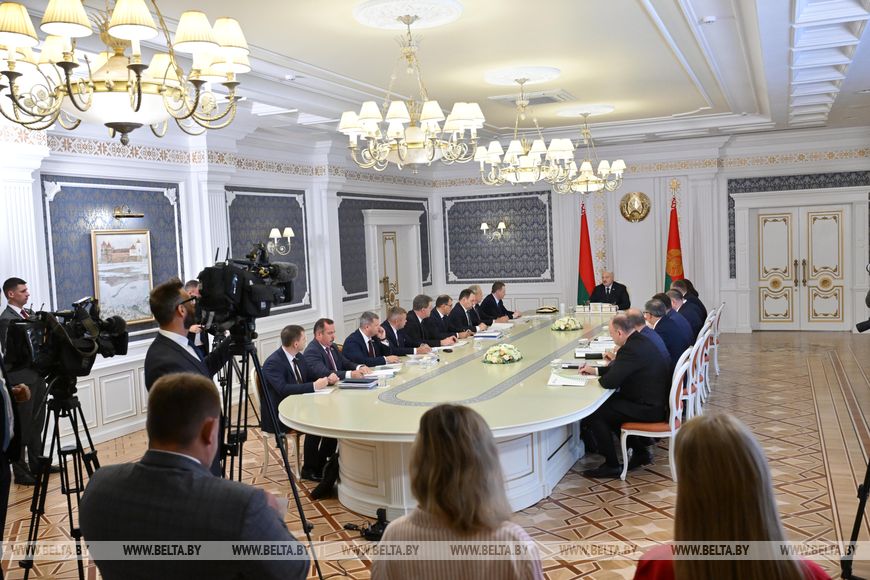
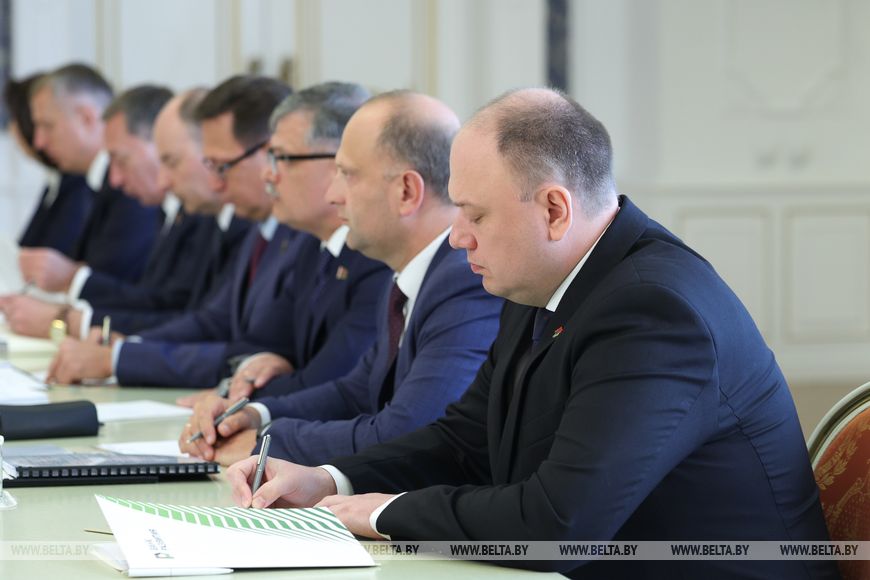
As BelTA previously reported, one of the key topics was the proposal to transfer tourism regulatory functions from the Sport and Tourism Ministry to the National Tourism Agency.
First Deputy Prime Minister Nikolai Snopkov delivered the keynote report, revealing key metrics: Belarus' tourism sector employs 230,000 employees (5.5% of national workforce) and contributes 2% to the GDP, which according to Nikolai Snopkov, “is below the industry's true potential”. In this regard Aleksandr Lukashenko pointed out that even resource-rich nations prioritize tourism as a key economic driver, citing the United Arab Emirates as a prime example.

First Deputy Prime Minister Nikolai Snopkov highlighted another critical imbalance such as outbound trips significantly outpacing inbound visits. Consequently, more money leaves Belarus with traveling citizens than enters via foreign tourists.
“Our objective is to redress the imbalance and retain more foreign currency in the country. This requires accomplishing two key tasks: extending tourists' length of stay and increasing their average spending, meaning how much money visitors leave during their travels,” the first deputy prime minister emphasized. “Currently, Belarus predominantly sees short-term trips from both domestic and foreign tourists, which translates to miminum spending."
The first vice premier noted that boosting profitability stands as the core goal of tourism sector reform. A specific implementation mechanism has been developed, involving a transformation into a vertical system that combines state and private sector efforts. All management resources must be consolidated under a single decision-making center to coordinate dozens of interconnected industries, drive export growth and stimulate investment in the field.
“We propose establishing an integrated tourism governance system by merging the Tourism Department of the Sport and Tourism Ministry with the National Tourism Agency into a single entity. It will report directly to the Council of Ministers,” Nikolai Snopkov explained.
The first vice premier noted that boosting profitability stands as the core goal of tourism sector reform. A specific implementation mechanism has been developed, involving a transformation into a vertical system that combines state and private sector efforts. All management resources must be consolidated under a single decision-making center to coordinate dozens of interconnected industries, drive export growth and stimulate investment in the field.
“We propose establishing an integrated tourism governance system by merging the Tourism Department of the Sport and Tourism Ministry with the National Tourism Agency into a single entity. It will report directly to the Council of Ministers,” Nikolai Snopkov explained.

He added that this reorganization would grant the agency greater authority and status as it will directly report to the vice premier, while maintaining its existing structure.




